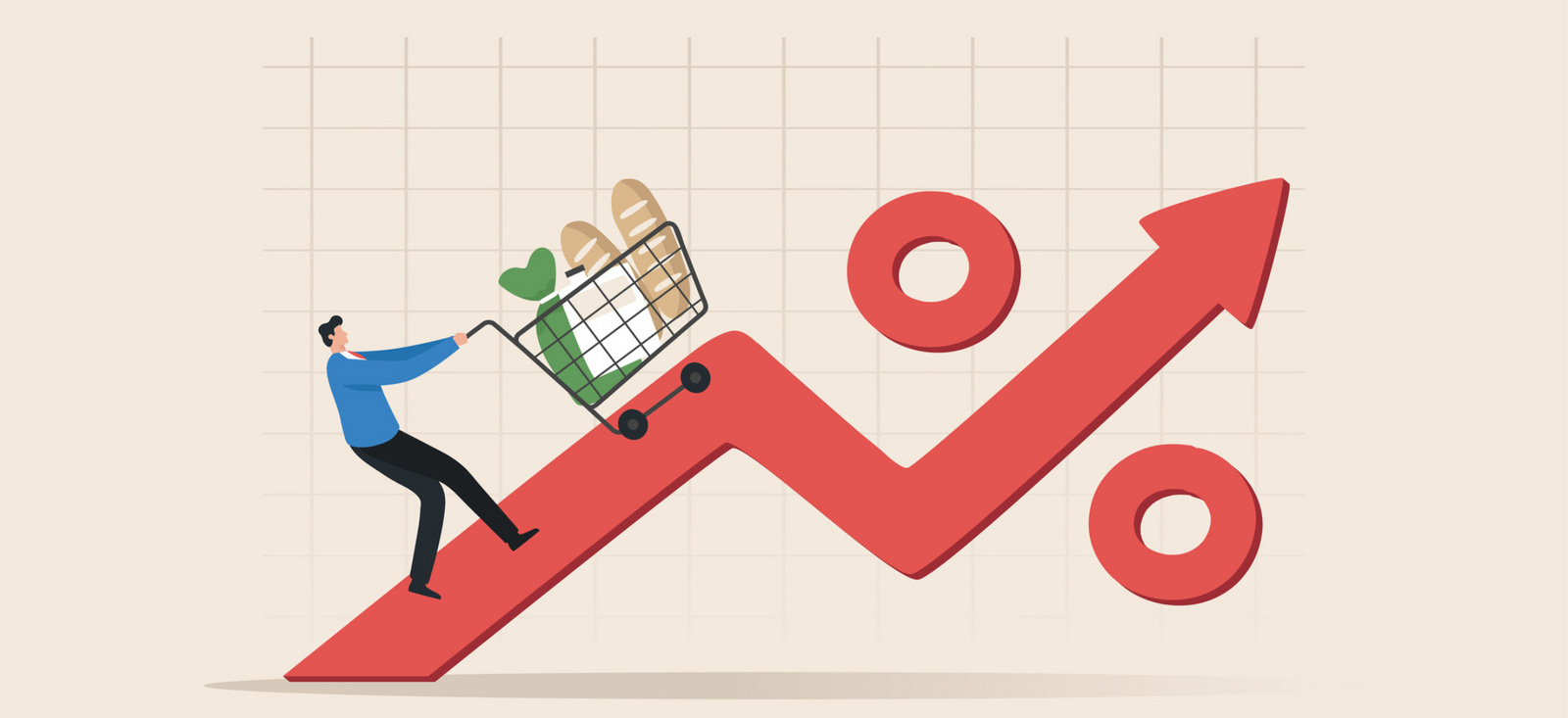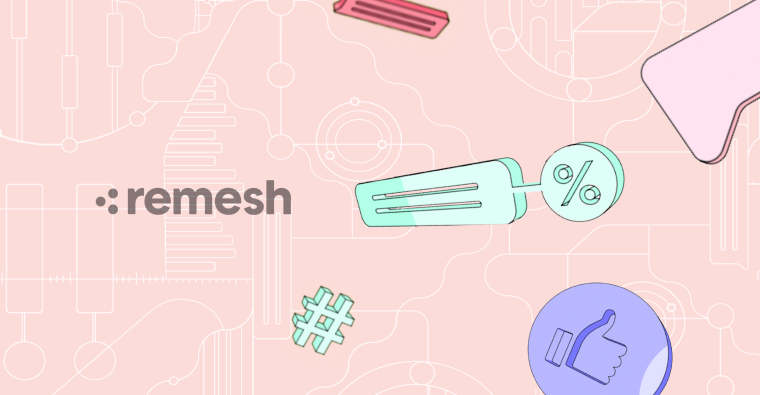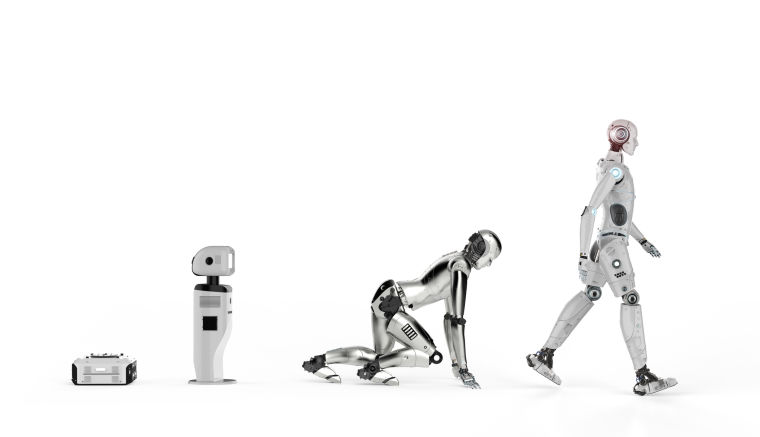The role of research in times of high inflation
When we hear that inflation is high, or the exchange rate is down, or that unemployment is up, we start thinking about the general economic situation. And – more specifically – how it’ll affect our own business.

When we hear that inflation is high, or the exchange rate is down, or that unemployment is up, we start thinking about the general economic situation. And – more specifically – how it’ll affect our own business. When we ourselves are being affected by our suppliers charging us higher prices, our profitability will fall. Even if we’ve maintained our sales volumes and prices. If this is the case, then we’ll need to decide whether or not to maintain the prices we charge our customers or raise them.
Let’s not forget that inflation is macro
Inflation is a macroeconomic indicator. It’s a very general measure of the economy’s state. We must be careful with the management of indicators like inflation if, in our own business and our direct chain, there are no other macro-level indicators we can analyse.
A good opportunity to get to know our clients
We’re used to thinking that if we increase our product’s prices, then we’ll lose customers. Especially if we have a negative impression of the general economic outlook. This may be obvious if we’re in sectors that don’t produce staple goods, such as food. But even in this category, there are nuances.
The first question we should ask ourselves is whether our company's products are expendable and, more importantly, what our products are made of, not technically, but in terms of their value. This will make us ask ourselves: what elements of our products are more expendable than others?
This doesn’t necessarily mean removing elements from our products. But rather substituting them with cheaper ones.
The importance of segmentation
Substituting some elements of our products for cheaper equivalents can be risky. Especially if their cheapness is visible. And if we are in markets where the buyer has more strength than the seller, this means product preferences can change.
Segmenting implies knowing that not all our customers will have the same attitudes towards our brand. Nor will they have suffered inflation’s effects with the same intensity or have the same future expectations about the economic situation. The latter is especially important if there is already a base of customers who are different between them in terms of age, income, etc.
It’s from these differences that we can design strategies to maintain or even improve our profitability by treating segments in relevant ways during periods of high inflation.
A good time to discover new markets
Once, many years ago, I heard that in Chinese, the word crisis is also used to designate an opportunity. This may or may not be true. And actually, for the purpose of this section, it is irrelevant.
Inflation is a measure of purchasing power over time. However, it isn’t a measure of quality of life. Clearly, 30 or 40 years ago, it was easier to get a house and a car. But conversely, it wasn’t as easy to obtain the quantity and quality of information we have now.
What’s more important? A house, a car or more information? It’s hard to say. And there’s no right answer. But this question reflects how priorities change.
If we’re in crisis, it’s because something needs to change. And this means we may have an enormous opportunity to fill the void that’s a consequence of our economic structure.
It’s important to remember human needs have been remarkably similar over time. It’s just those needs haven’t always been filled in the same way. And depending on the times, some (non-basic) needs will be more important than others, the end of an economic cycle reflects the end of an era and, as a consequence, the structure of consumer needs.
Lines of research
It is interesting to ask how many SMEs follow the economic cycle’s evolution. And, of those that do, how many are content to act accordingly, without being more proactive and then measure the impact on their size and profitability in the future? Because the likelihood is that those who act proactively in the face of economic changes will have better results than their peers similar in size and sector who didn’t.
Alejandro Tena Arestegui
CEO/Founder at AT ConsultingAlejandro Tena is the founding partner of AT Consulting. Disruptive, thinker and entrepreneur with 15 years of experience opening businesses and advising companies of diverse characteristics and for different needs. Internationally certified, a graduate of UNAM and the University of Georgia, he specializes in business feasibility market studies, strategic planning, business development and geopolitical analysis.


